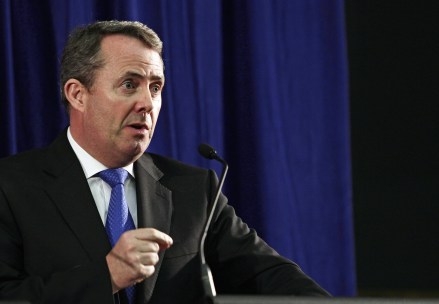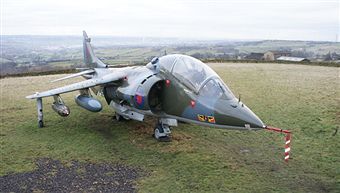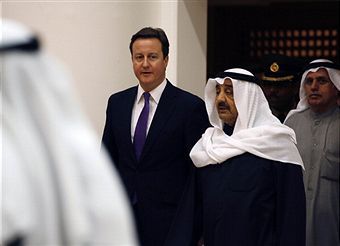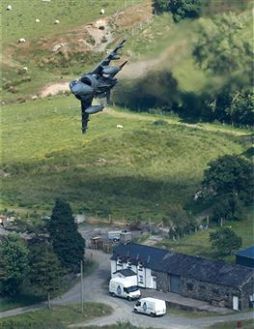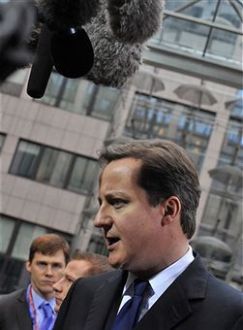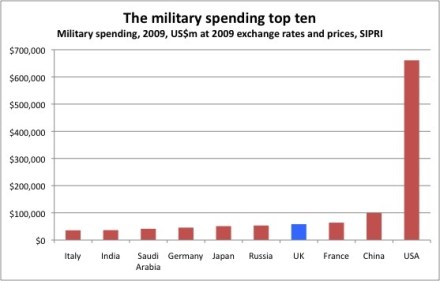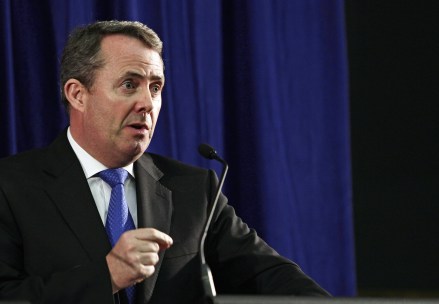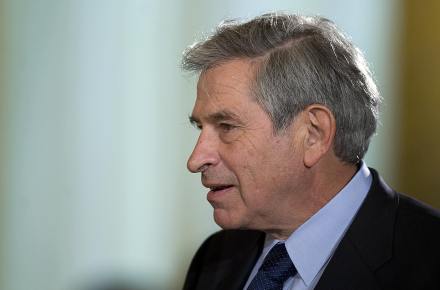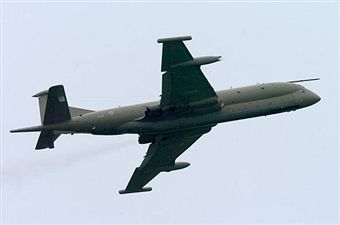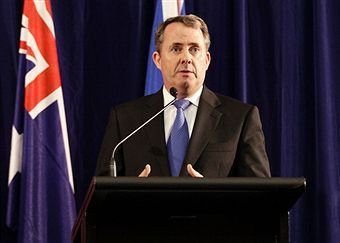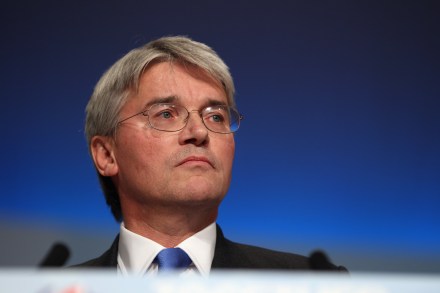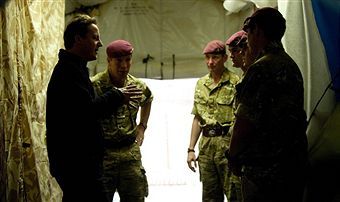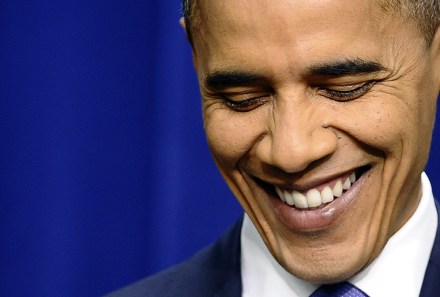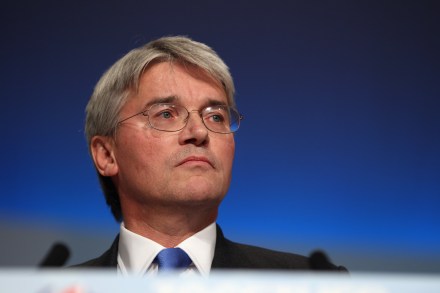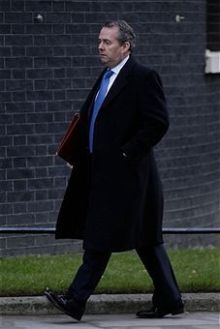Keep calm and carry on
The Libya crisis looked like it would prove the critics of the government’s Strategic Defence and Security Review right. Was it not the case that the HMS Cumberland, now seen as crucial for the evacuation of British nationals, would soon be decommissioned. And would the Harriers not prove useful in a potential intervention? Coupled with criticism that the government struggled to handle the evacuation of British nationals, it looked like the makings of a credibility-destroying theme: strategic misjudgement and tactical incompetence. But a week into the crisis, the government’s handling of the evacuation – and response to the Libyan crisis overall – looks increasingly surefooted. The UK has led the
